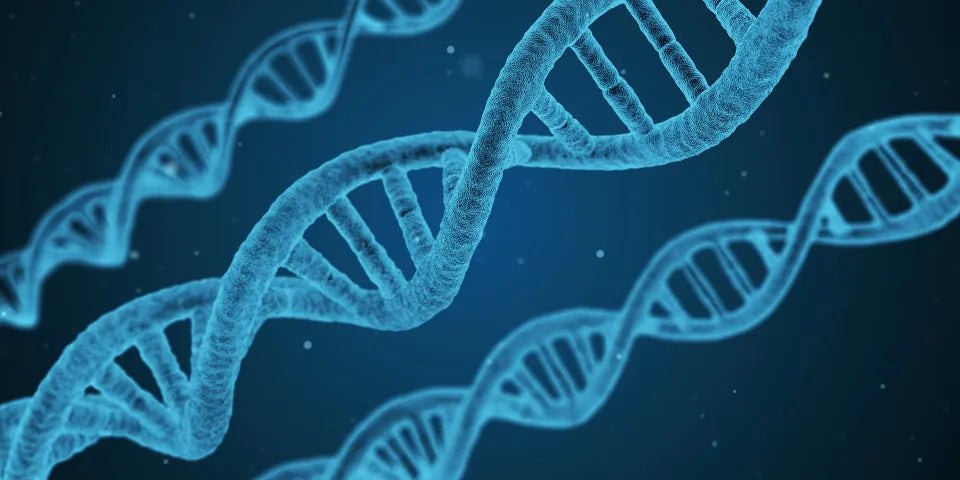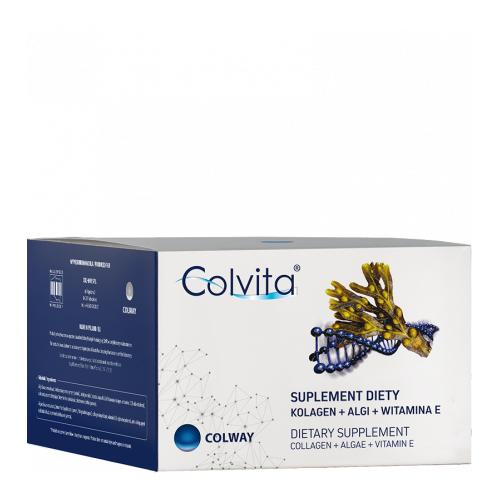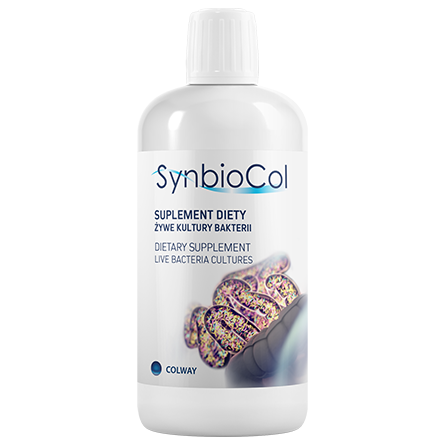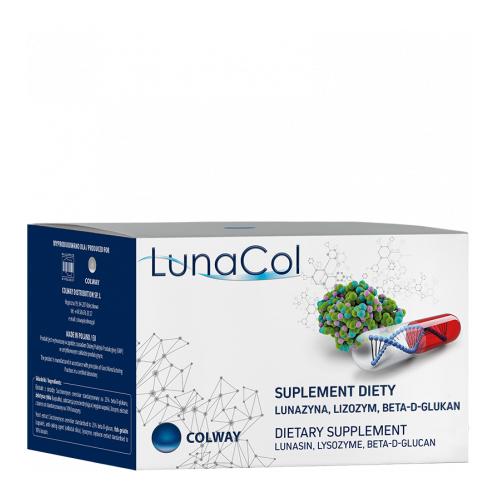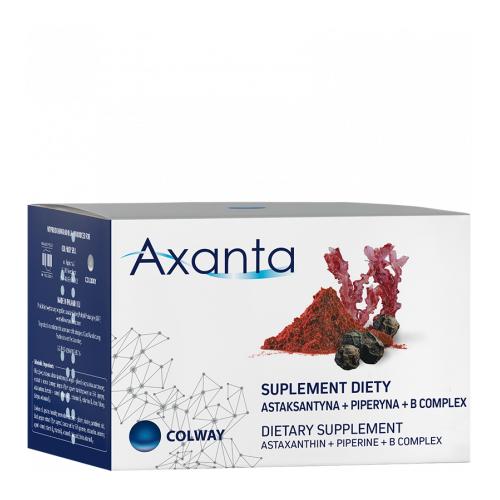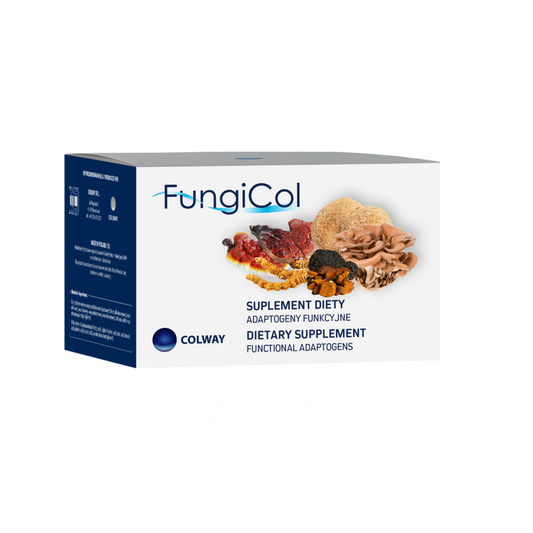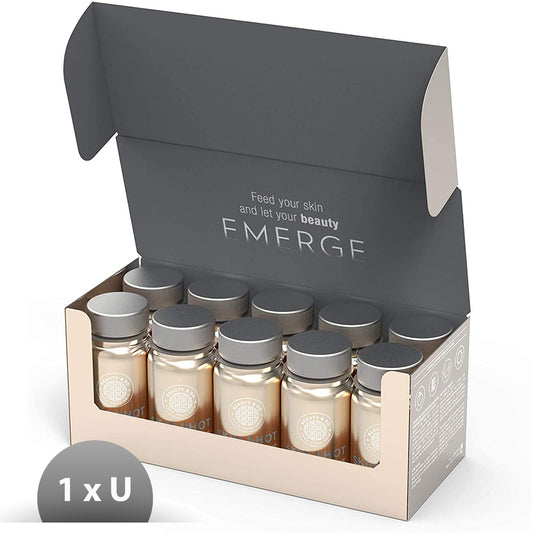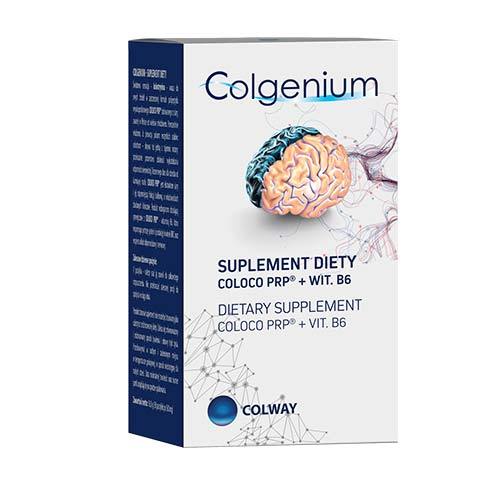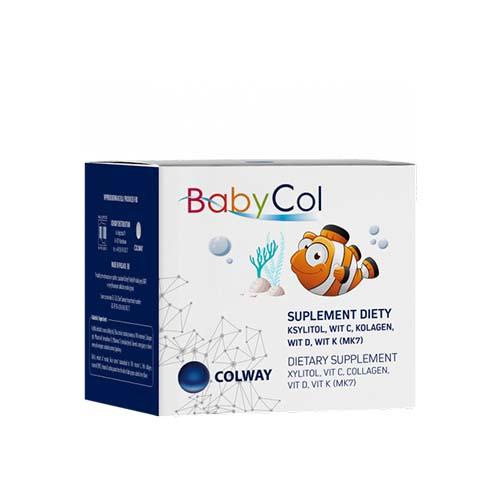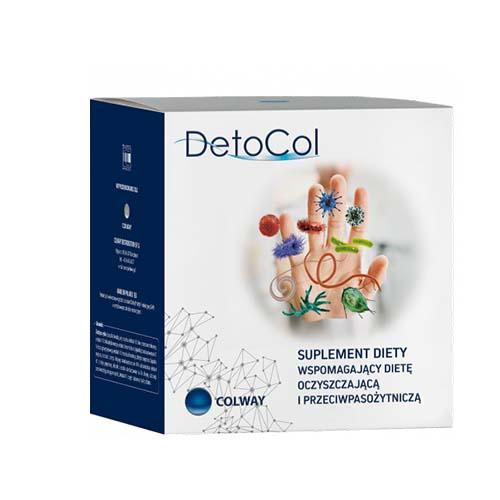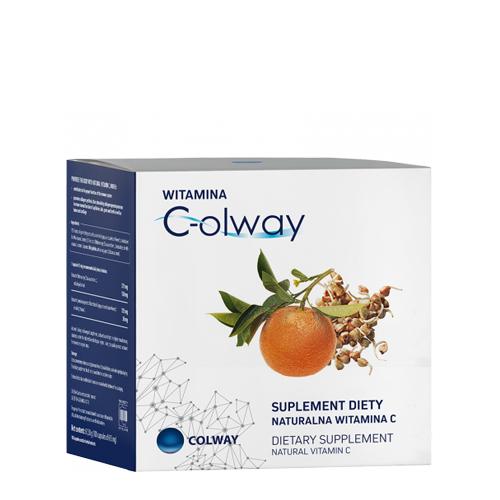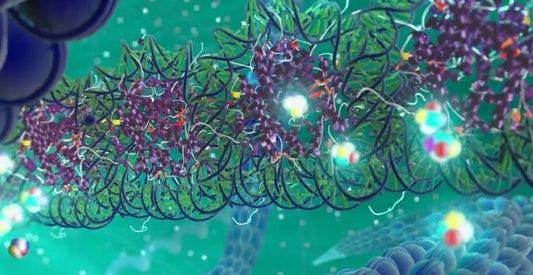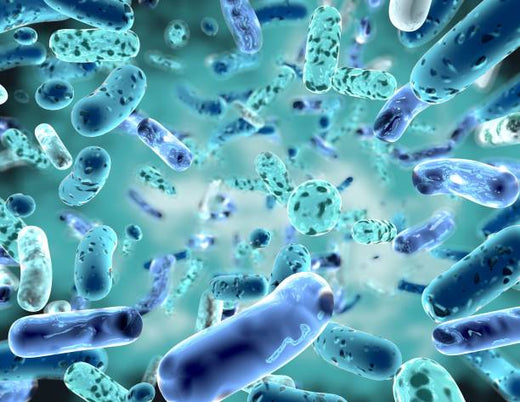Cancer is one of the leading causes of death worldwide. Cancer prevention is an important strategy to reduce cancer incidence and mortality. In recent years, it has been shown that food peptides can act as preventive agents against cancer. One of these peptides is lunasin. Lunasin is a novel cancer-preventive peptide whose efficacy against chemical carcinogens and oncogenes has been demonstrated in mammalian cells and in a mouse model of skin cancer. In this article, we will explore lunasin and its potential role in cancer prevention in detail.
What is lunasin?
Lunasin is a 43 amino acid peptide found in soybeans, barley and wheat, and is predicted to be present in many more seeds due to its possible role in seed development. The peptide was first isolated and characterized in soybean. Recent studies have shown that lunasin is bioavailable in mice when taken orally. Lunasin is internalized into mammalian cells within minutes of exogenous application and localizes to the nucleus after 18 hours.
Efficacy of lunasin in cancer prevention
Lunasin is a potential cancer preventative agent due to its ability to inhibit core histone acceleration in mammalian cells. The mechanism of action of lunasin is based on the hypothesis that the peptide selects cells that are being transformed or recently transformed by binding to the deacetylated core histones exposed by the transformation event, altering histone acetylation-deacetylation dynamics. The peptide has been shown to be effective against chemical carcinogens and oncogenes in mammalian cells and in a mouse model of skin cancer.
What happens when the lunasin gene is constitutively expressed in mammalian cells?
In contrast to its efficacy as a cancer preventative agent, constitutive expression of the lunasin gene in mammalian cells leads to cell division arrest and cell death. This effect has been observed in human fibroblast cells and lymphocytic leukemia cells. This suggests that constitutive expression of the lunasin gene in mammalian cells may be detrimental.
Lunasin as an epigenetic peptide
Lunasin is an epigenetic peptide that acts through core histone acetylation. The peptide inhibits core histone acceleration in mammalian cells, but does not affect the growth rate of established and normal cancer cells. The mechanism of action of lunasin in cancer prevention is related to epigenetics. The peptide binds to and destabilizes deacetylated core histones, altering histone acetylation-deacetylation dynamics and thus inhibiting gene expression. This means that lunasin acts at the DNA level, suggesting that it could be an effective preventive agent in preventing cancer initiation.
Bioactivity of lunasin in animals
Recent studies have shown that lunasin is bioavailable in animals when taken orally. The peptide has been shown to be internalized into mammalian cells within minutes of exogenous application and to localize to the nucleus after 18 hours. This suggests that lunasin may be an effective preventative agent in preventing cancer in humans.
How can you get the lunasin?
Lunasin is found in soybeans, barley, and wheat. However, the amount of lunasin present in these foods is very low, so lunasin supplementation may be necessary to obtain a sufficient amount of the peptide for its effectiveness as a cancer preventative agent.
Possible benefits of consuming lunasin
Taking lunasin as a supplement may have several health benefits, including preventing cancer, reducing the risk of cardiovascular disease, and reducing inflammation. However, further studies are needed to determine the efficacy of lunasin as a preventative and therapeutic agent in humans.
conclusions
Lunasin is a novel cancer-preventive peptide found in soybeans, barley, and wheat. The peptide has been shown to be effective against chemical carcinogens and oncogenes in mammalian cells and in a mouse model of skin cancer. The mechanism of action of lunasin is related to epigenetics and core histone acetylation. Although the amount of lunasin present in food is low, lunasin supplementation may be necessary to obtain a sufficient amount of the peptide for its effectiveness as a preventative agent against cancer. Further studies are needed to determine the efficacy of lunasin as a preventative and therapeutic agent in humans.
Frequent questions
- Is it safe to take lunasin supplements? To date, no serious side effects associated with the consumption of lunasin have been reported.
- Is the moon without a cancer treatment? Currently, lunasin is considered a cancer preventative agent rather than a cancer treatment.
- How can you get enough lunasin in your diet? The amount of lunasin present in food is very low, so lunasin supplementation may be necessary to obtain a sufficient amount of the peptide for its effectiveness as a preventative agent against cancer.
- What other potential health benefits does consuming lunasin have?It is believed that lunasin consumption may have benefits in reducing the risk of cardiovascular disease and reducing inflammation, although more studies are needed to confirm these effects.
- Can sufficient levels of lunasin be obtained through diet? Since the amount of lunasin present in food is low, it may be difficult to obtain enough lunasin through diet alone, and supplementation may be necessary to achieve effective levels of peptide.




















































































































